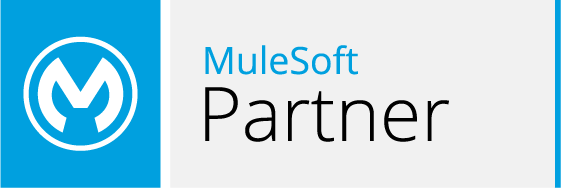The patient is at the center of the 21st Century Cures Act. The interoperability provisions grant patients more power over their care and access to key information.
Interoperability, a popular term in the healthcare industry, is the ability to exchange electronic health information seamlessly and securely without significant effort from the user. It allows for payers, providers, and patients across organizational, regional, and national boundaries to have complete access, exchange, and use of all authorized information, and removes concerns of information blocking.
To continue to promote interoperable health information and data sharing, both the Office of the National Coordinator for Health IT (ONC) and The Centers of Medicare & Medicaid Services (CMS) have issued new rules that mandate an application programming interface (API)-led approach to interoperability in healthcare.
The ONC Cures Act Final Rule and the CMS Interoperability and Patient Access Final Rule work together to enforce the interoperability and information blocking provisions of the 21st Century Cures Act for the seamless exchange of patient, member, and physician electronic health records (EHR) across payers, providers, and third-party smartphone applications for patient use.
What does it mean for me?
For Patients:
- Obtain Secure Access to Health Records: Acquire a secure patient access to electronic health records and easily obtain control of personal care and medical records through smartphones and authorized modern software applications.
- Shop for Care and Manage Costs: Gain transparency with expanded choices for patients and payers in healthcare with insights delivered about care quality and costs to assist in making health and financial decisions.
For Hospitals and Clinicians:
- Efficient and Inexpensive Patient Data Requests: Easily provide patients with access to their information in a fully automated, cost-effective manner. With secure, standardized APIs, patients will be able to access their health information from an app of their choice without special effort on the part of the hospitals or clinicians.
- Provide a Choice of Applications: Leverage open APIs with secure access to data for applications. A growing, innovative application marketplace and the final rules will help ensure certified APIs are made available in a way that is safe, secure, and affordable.
- Maintain Information Blocking with Common Sense Exceptions: Benefit from information blocking provisions with defined practices that are considered reasonable and necessary activities that would not constitute information blocking. The Final Rules establishes exceptions to allow hospitals and clinicians common sense operational flexibility. This includes protecting patient privacy and security as well as handling situations where moving data is technically infeasible.
- Put the Patient’s Safety First: Balance the patient and clinician needs and encourage transparency around patient safety issues within health IT, while also attempting to protect the intellectual property rights of health IT developers who have made large investments in building user interfaces and workflows.
Concerned about the complexity of making interoperability a reality?
By leveraging the MuleSoft Accelerator for Healthcare, we can help you make patient data accessible by digitally transforming how your organization delivers EHR in a way that meets the new mandates and puts control back into the consumers hands. Our strategy and consulting expertise will ensure healthcare payers and providers successfully follow these new rules while delivering powerful, secure, and scalable capabilities – and when implemented effectively, health information exchange (interoperability) can also reduce the burden of certain administrative processes, such as prior authorization.
At Perficient, we excel in tactical MuleSoft implementations by helping you address the full spectrum of challenges with lasting solutions, rather than relying on band-aid fixes. The end result is an intelligent multifunction resource that reduces costs over time and equips your organization to proactively prepare for future integration demands.
We’re a Premier MuleSoft partner offering integration expertise that’s strengthened by our extensive healthcare know-how, particularly when it comes to safely using, transporting, and securing healthcare data.
Ready to achieve interoperability? Download our interactive guide!



